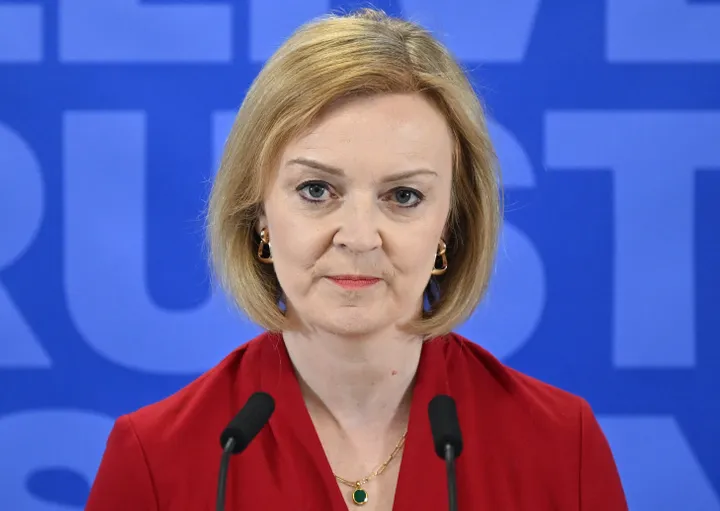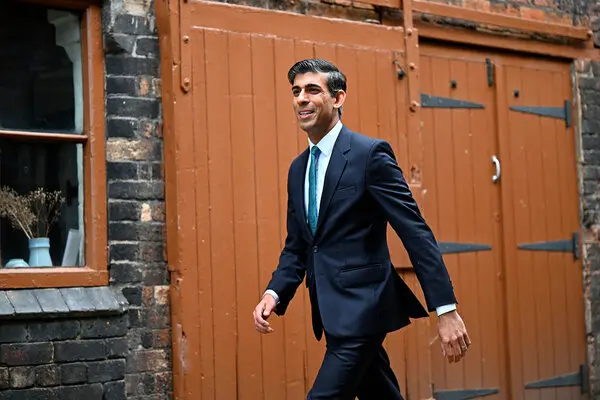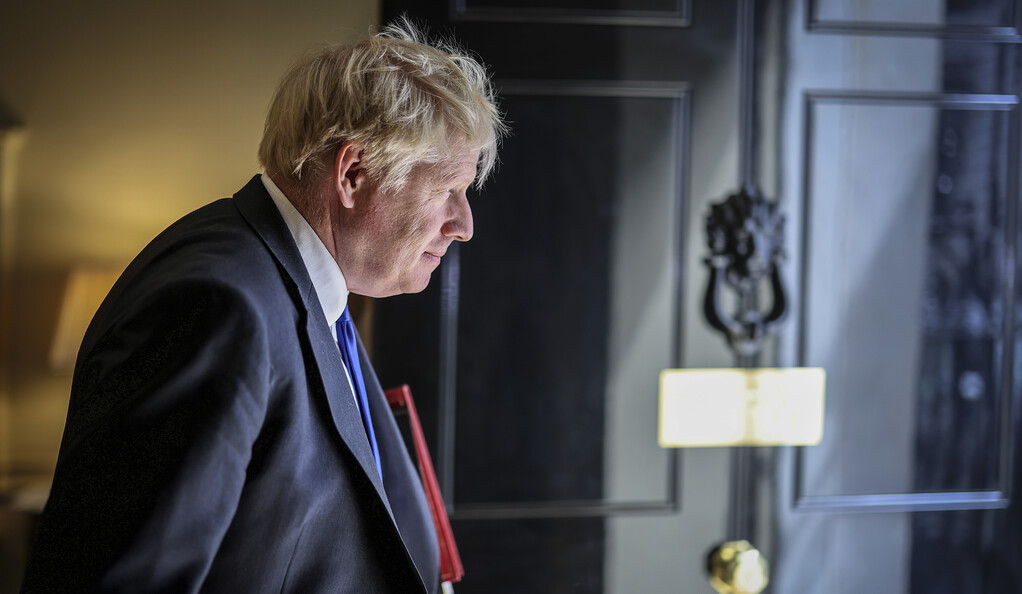The ongoing race to secure Tory leadership, which by virtue of being the largest elected group of parliamentarians, will make the next UK Prime Minister as per the Westminster model of parliamentary democracy has zeroed in on two final candidates – former treasury secretary Rishi Sunak and foreign secretary Liz Truss.
Indian-origin Sunak, so far has led in all rounds of the voting among Tory lawmakers, but Liz Truss hasthe larger support amongst the 200,000 members of the party , which probably will make the difference.

The premise on which their candidature stand is diametrically oppossing each other. Liz Truss has pledged to lower taxes and Sunak was the finance minister who raised the tax level to the highest in 50 years.
Liz Truss, if she wins the race – or Sunak for that matter , will have to deal with the most daunting economic conditions any PM faced in UK since decades. With inflation touching almost 11%, pound at a never before low against the dollar and halted economic growth it will not be an easy task for the incoming occupant of 10th Downing street.

Eleven candidates originally contested for the coveted post and the last to be eliminated was the junior trade minister Penny Mordaunt in a fifth ballot. Sunak won 137 votes, versus Truss’s 113 and Mordaunt’s 105.
Polls suggest Truss has an edge over Sunak in the party members’ contest, prompting her to tweet “I’m ready to hit the ground from day one” Truss, a Brexit covert, was on the frontline leading the sterner affront to the EU honchos at Brussels in its post-Brexit negotiations.

The present situation of having to chose the PM has arisen after Johnson was forced to resign this month after he lost the support of his lawmakers, triggered by resignation of Sunak. A section of party workers with whom Boris Johnson is still popular are miffed with Sunak. He has to face criticism on his wife’s wealth also.
Also Read: Rishi Sunak Leads UK PM Race With 115 Votes In 3rd Round












